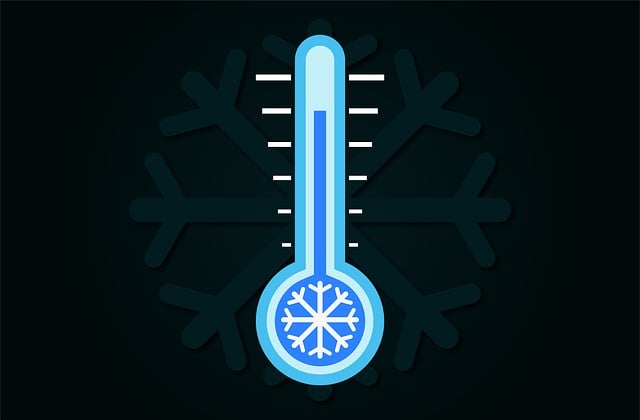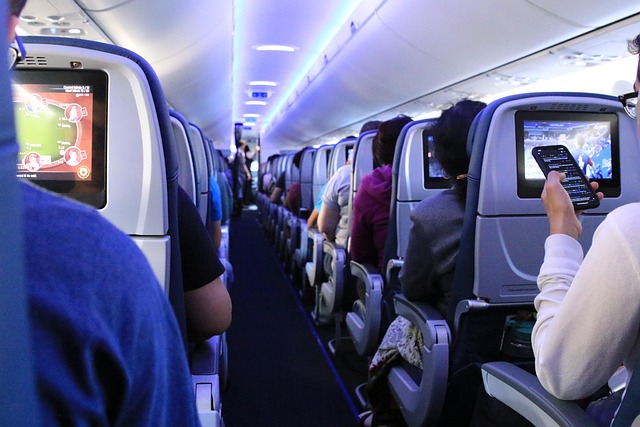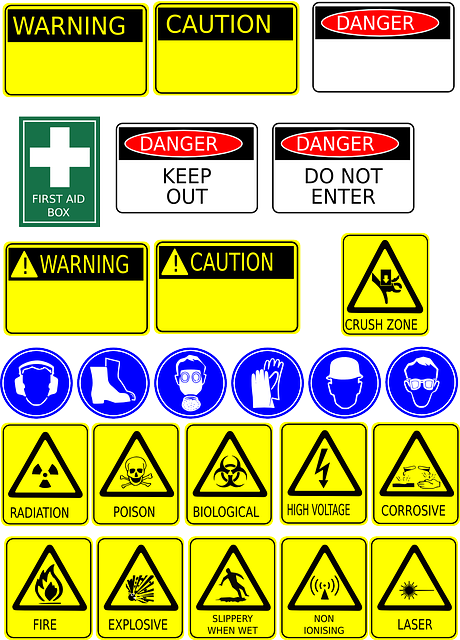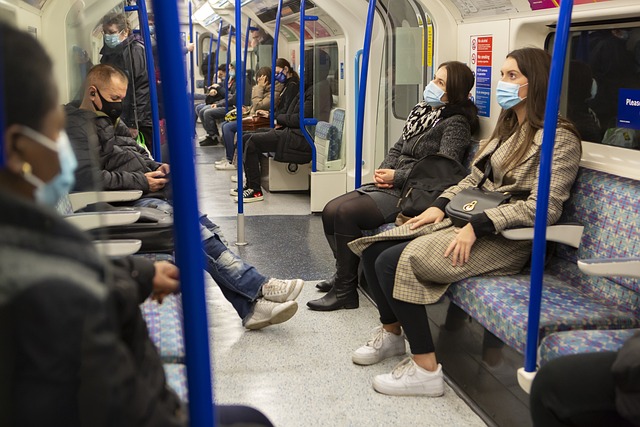Transportation safety checks are vital for prioritizing passenger well-being and ensuring transport system integrity. These comprehensive inspections cover vehicle maintenance, driver qualifications, route safety, and emergency response readiness, providing multi-layered protection against potential risks. Regular checks enhance security, foster trust, and deter non-compliance with industry standards, ultimately enhancing the travel experience and peace of mind for travelers. By ensuring robust transportation safety checks, authorities maintain high security standards while rebuilding public trust in the digital era.
Transportation safety checks are an integral part of modern travel, designed to ensure passenger well-being and secure journeys. This article delves into the significance of these background screenings in enhancing travel experiences. We explore how rigorous checks contribute to a safer environment, mitigate risks, and ultimately foster confidence among passengers. By examining various aspects, from initial screening processes to ongoing security measures, we uncover the key role transportation safety checks play in shaping the overall travel ecosystem.
- The Importance of Transportation Safety Checks
- Enhancing Passenger Experience and Well-being
- Ensuring a Secure Travel Environment
The Importance of Transportation Safety Checks

In today’s world, ensuring passenger well-being and safety in transportation is paramount. Transportation safety checks serve as a robust framework to safeguard travelers, offering multiple layers of protection. These rigorous inspections cover various aspects, from vehicle maintenance and driver qualifications to route safety and emergency response readiness. By implementing comprehensive transportation safety checks, we can proactively identify and mitigate potential risks, fostering a sense of security among passengers.
Regular transportation safety checks play a pivotal role in maintaining the integrity of the transport system. They enable authorities to uncover mechanical failures, hazardous conditions, or even criminal activities that could threaten public safety. Proactive measures like these not only enhance the overall travel experience but also act as a deterrent, encouraging adherence to safety standards and best practices within the industry.
Enhancing Passenger Experience and Well-being
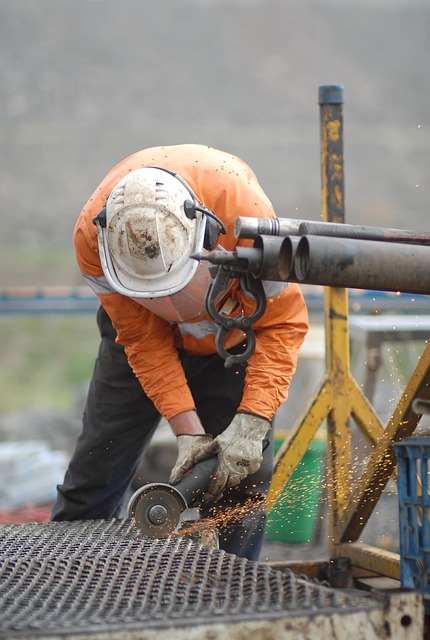
Transportation safety checks play a pivotal role in enhancing passenger experience and well-being. By implementing rigorous background checks, transport providers can create a secure environment, ensuring that travelers feel safe and comfortable during their journeys. These checks act as a deterrent for potential threats, giving passengers peace of mind and allowing them to enjoy their trip without worrying about security risks.
Moreover, regular transportation safety checks contribute to building trust between carriers and their customers. Knowing that the company prioritizes their well-being fosters a positive relationship, encouraging repeat business and elevating overall passenger satisfaction. This approach not only benefits individuals but also promotes a sense of community and safety in the transport sector as a whole.
Ensuring a Secure Travel Environment
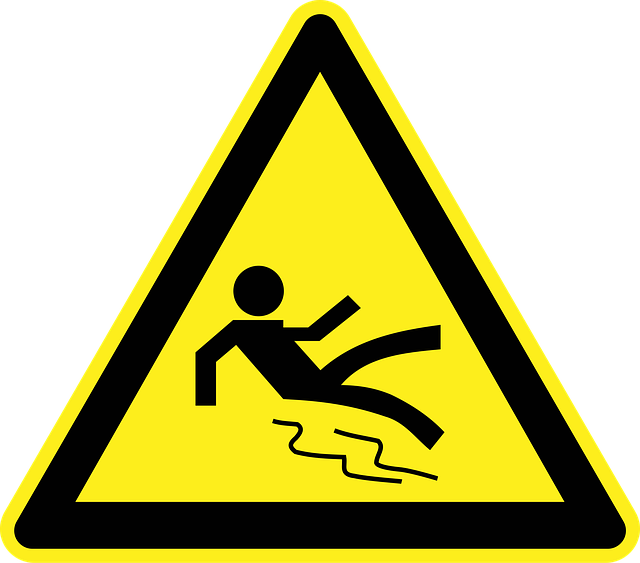
Ensuring passenger well-being is paramount in the transportation industry, and a key aspect of this is creating a secure travel environment. Transportation background checks play a vital role in achieving this by helping to identify potential risks or threats before they can impact travelers. By conducting thorough screenings of individuals and companies involved in various modes of transport, from bus and train services to airlines, authorities can mitigate the chances of criminal activities, terrorism, or any other dangerous incidents.
These checks are not just a security measure; they also contribute to building public trust. Passengers feel safer knowing that strict processes are in place to protect them. In today’s digital era, where concerns about transportation safety checks are often heightened, having robust and efficient systems in place is essential. This ensures that travel can remain accessible while maintaining the highest standards of security for all.






